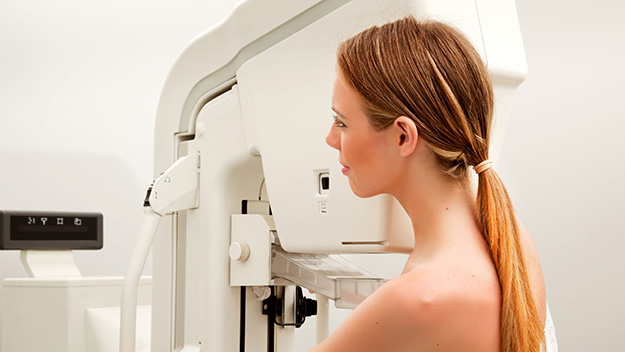Researchers from The University of Texas in Austin looked at the records of 440 breast cancer patients and compared them with those who took nonsteroidal anti-inflammatory drugs and those who didn’t.
The study, published in the journal Cancer Research, found that NSAIDs reduced the recurrence rate by 50 per cent. If the oestrogen positive cancer did recur, it also took longer to come back in the patients that took the drugs – 6.5 years compared to about 4.2 years.
“Overweight or obese women diagnosed with breast cancer are facing a worse prognosis than normal-weight women,” says Linda deGraffenried, an associate professor of nutritional sciences at the university.
The researchers also conducted a second study to examine how breast cancer cells behave in the body. By bathing positive breast cancer cells in blood serum from obese women, they hoped to mimic the environment that encourages tumours to grow, proliferate and metastasize.
They found that inflammation negatively affects the effectiveness of aromatase inhibitors, a class of cancer drugs commonly prescribed to prevent cancer recurrence.
“Clinicians are finding that the five-year recurrence rate for postmenopausal women is much higher on aromatase inhibitors when the patient is obese,” says deGraffenried.
“We would like to identify which women are most likely to benefit from interventions like adding NSAIDs to treatment regimens.”


